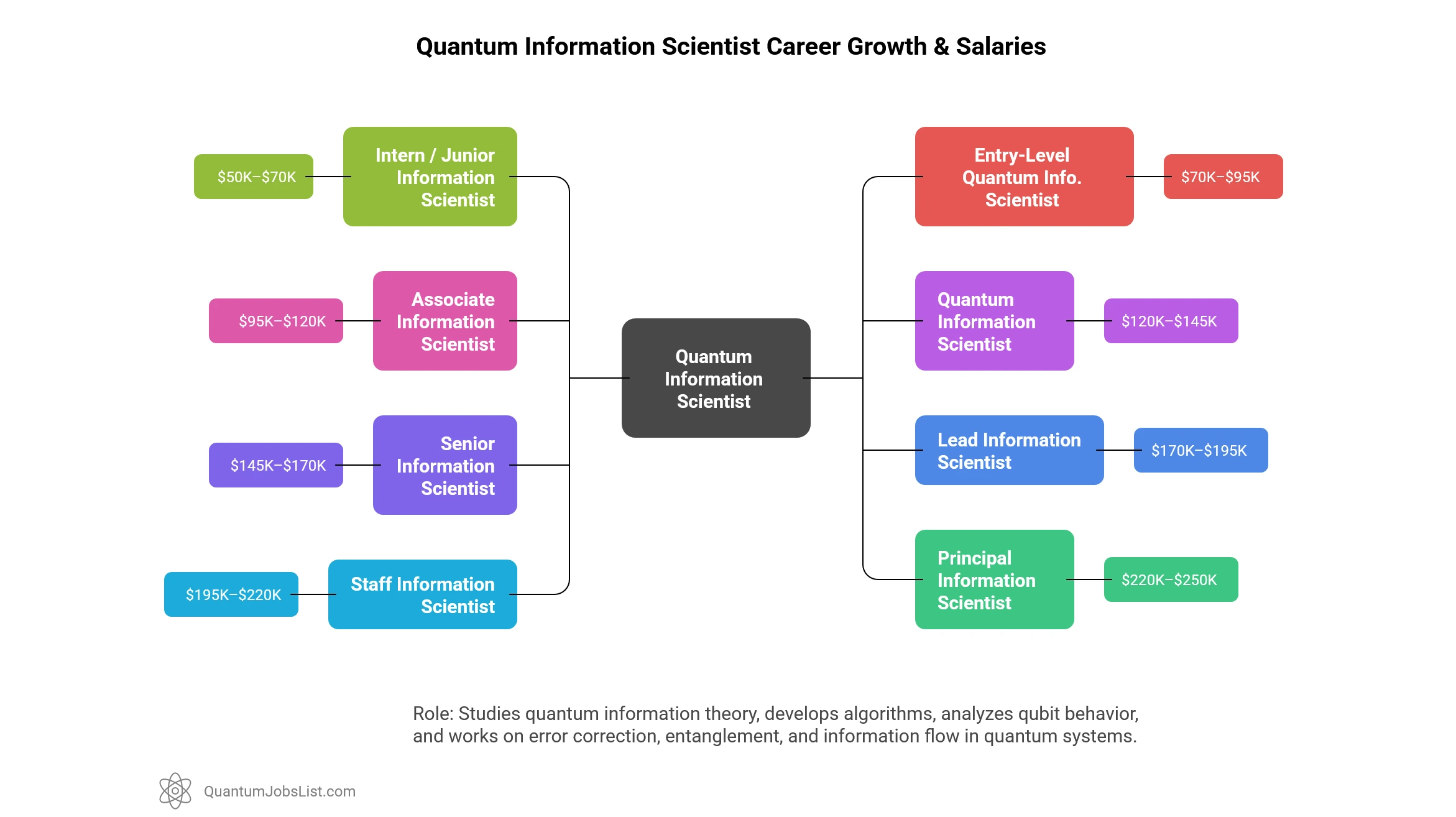A Quantum Information Scientist studies how to process quantum information and understand concepts, like entanglement and quantum communication. They also create new ways for quantum computing, cryptography, and teleportation, and explore important questions in quantum mechanics.
Quantum information scientists worldwide earn between $100,000 and $190,000; depending on their research area and institution. With defined and meticulous mathematical work and experiments within the lab, the position connects applied technology to research physics.
Suggested Read: How to Get Quantum Jobs Without a PhD
Quantum information science, which is foundational to all quantum technologies, is supported by research institutions, government laboratories, and corporate research divisions such as MIT Lincoln Laboratory and Los Alamos.

What is the average base salary?
Min. Qualifications
What You Need to Know
What does a Quantum Information Scientist do?
A Quantum Information Scientist researches quantum entanglement, information processing, and communication protocols. These scientists explore fundamental quantum mechanics while developing practical quantum technology applications.
What qualifications are needed to become a Quantum Information Scientist?
A PhD in Physics, Mathematics, or Computer Science is required. Strong publication record in quantum information theory, research experience and expertise in mathematical quantum mechanics are nice to have.
What is the average salary for a Quantum Information Scientist?
Quantum Information Scientists earn $100,000-$190,000 globally. American positions average $155,000, while European roles are around €128,000, and remote positions at $150,000 a year.
Where do Quantum Information Scientists work?
Universities, national laboratories like MIT Lincoln Lab & Los Alamos, research institutes, and corporate R&D divisions at IBM, Google, and Microsoft employ Quantum Information Scientists for fundamental research.
More Quantum Job Salaries
Cryogenic Engineer (Quantum Systems)
Builds ultra-low temperature systems for quantum hardware, earning $90,000-$185,000+.

Quantum Control Engineer
Designs and tunes quantum hardware control systems, earning $95,000-$190,000+.

Quantum DevOps Engineer
Manages quantum infrastructure and pipelines, earning $90,000-$180,000+.

Quantum Solutions Architect
Designs enterprise-ready quantum systems, earning $100,000-$210,000+.

Quantum Product Manager
Leads quantum product vision and delivery, earning $100,000-$220,000+.

Quantum Technical Writer
Creates documentation, and technical content for quantum computing products and research.


.svg)
.svg)

